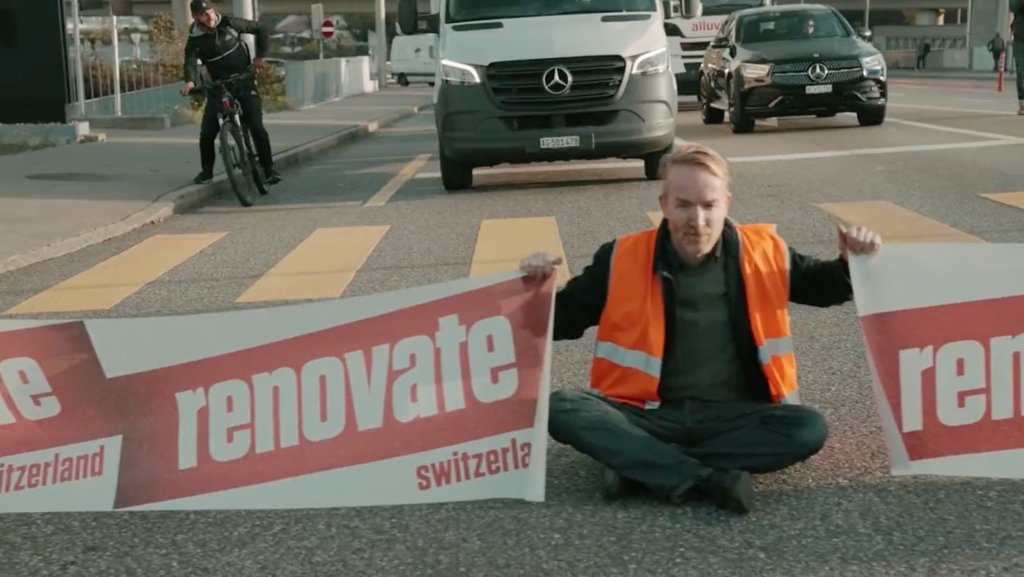VICE News is closely tracking global environmental change. Check out the Tipping Point blog here.
A new report about deforestation and climate change contains a dire warning: If the world continues along its business-as-usual path, an amount of tropical forest nearly equal to the size of India could be lost between 2016 and 2050.
Videos by VICE
The study, from the nonprofit research organization Center for Global Development, predicts that as much as 2,890,000 square kilometers — or over a million square miles — of tropical forest could be lost to deforestation due toland being cleared for industrial agriculture.
The researchers based their report on NASA satellite data and a subsequent study published in the journal Science. They estimate that a large amount of tropical forest — about 373,000 square miles — was destroyed between 2001 and 2012 in 101 countries.
Jonah Busch, a coauthor on the report, said they found a pattern to the destruction.
“Deforestation doesn’t proceed in a straight line with the same amount year after year. It starts with tiny little cuts in remote forests that rapidly accelerate, then deforestation plateaus after a while, and then falls,” Busch told VICE News.
Related: Humans Are So Efficient at Killing That Scientists Are Calling Us ‘Super Predators’
Busch and his team arrived at their 2050 projection by into account how likely land is to be cleared — such as how close it is to a city, and the land’s elevation and slope.
“That amount of loss will have a big impact on the climate because trees store a lot of carbon,” Busch said, “and when they’re burned, and cleared for soy or beef pastures, or palm oil, all that the carbon that’s stored in the trees goes up to the atmosphere.”
Busch and his colleagues estimate that as much as 169 billion tons of carbon dioxide could be released, which is about the annual amount of pollution emitted from 44,000 coal-burning power plants.
Busch said that about half of that projected deforestation could happen in Latin America, with the other half split between Asia and Africa.
To stop this, the researchers recommend putting a price on carbon pollution, which means either taxing carbon emissions from power plants, industrial facilities, or deforestation, or alternatively paying people to not cut down forests. As another route, they point to Brazil as a model, which has successfully reigned in deforestation through tighter restrictions on logging and improved law enforcement, although the country’s deforestation may once again be on the rise.
Diplomats will meet in Paris this December to hammer out an international climate pact aimed at keeping global temperatures from rising no more than 2 degrees Celsius (3.6 degrees Fahrenheit) above preindustrial levels.
“Tropical forests should be a big part of the solution,” Busch said, “because they’re a big and cheap way to fight climate change, and that means international carbon payments, from rich countries to poorest countries, [should be part of] putting in place policies to reduce deforestation.”
Related: After Years of Decline, Deforestation in the Amazon Might Be on the Rise Again
Robert Walker, a land change scientist and professor of Latin American studies and geography at the University of Florida, told VICE News that he thinks the study’s estimates of future deforestation were “completely reasonable.” However, citing infrastructure projects in Brazil, he warned of the potential for an actual increase in deforestation in that country.
The new report stands in contrast with past studies that have forecasted rates of global deforestation will actually decline, said Ruben Lubowski, chief natural resource economist for the Environmental Defense Fund.
“The main message here is that deforestation is not a problem that’s magically going to go away,” Lubowski told VICE News.
Like Busch, he pointed to Brazil as a good model for stemming deforestation.
“There’s a lot of momentum,” Lubowski said. “But we need to keep that going, and really create the market that will reward reductions in deforestation at large scales.”
Daniel Nepstad, a longtime researcher of the Amazon and executive director of the Earth Innovation Institute, praised the report for highlighting the opportunities for success in turning the corner of forest destruction.
“[The study] reaffirms the critical importance of tropical forests and slowing tropical deforestation and forest degradation, as the biggest near-term, low-cost opportunity to slow down climate change,” Nepstad told VICE News. “We already have proof that it’s possible, through what Brazil has accomplished in the Amazon. And this gives a sense of how big that will be if experiences similar to Brazil’s were multiplied in other countries.”
Watch the VICE News documentary Fighting the Amazon’s Illegal Loggers here:
Follow Rob Verger on Twitter: @robverger



